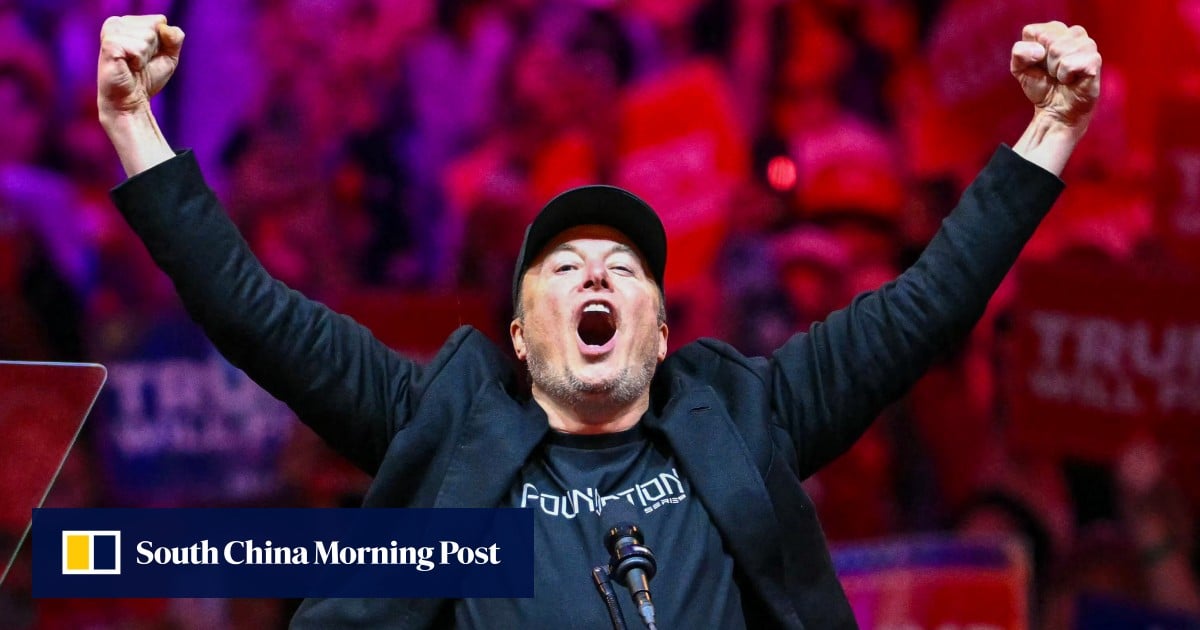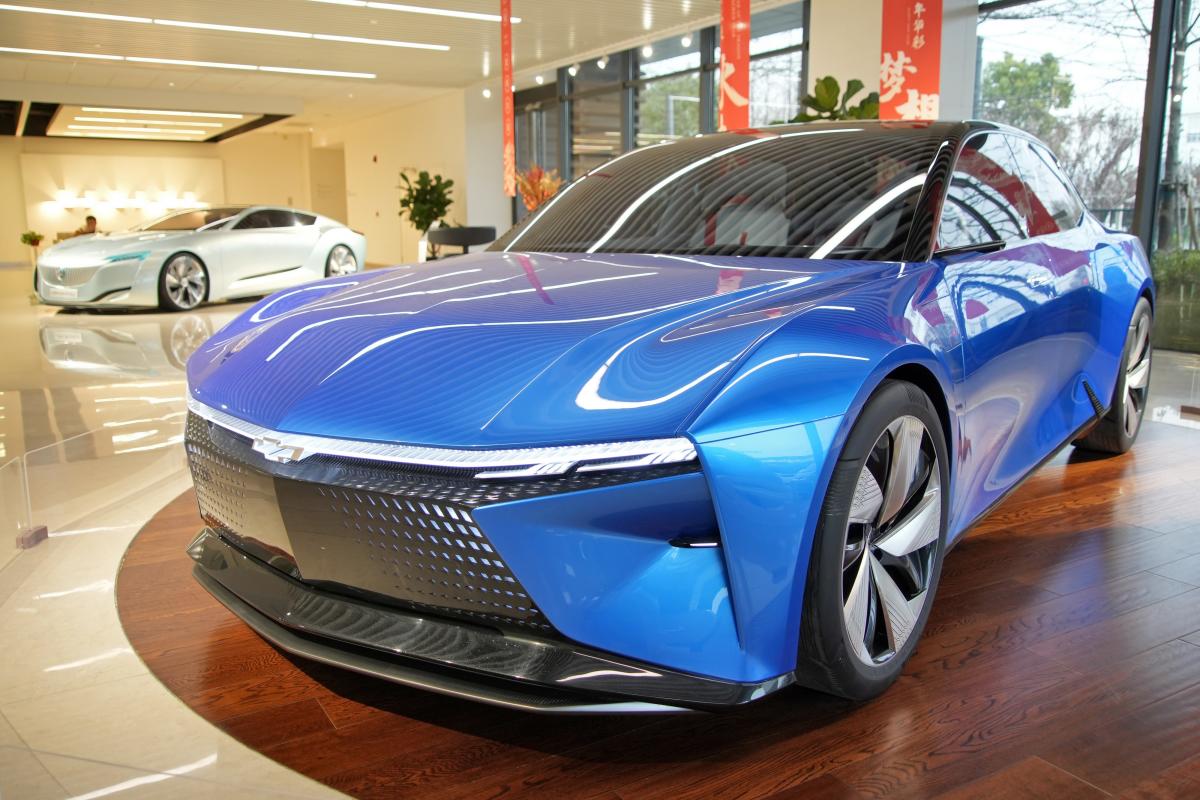The SpaceX founder and CEO has been flagged to lead a new “department of government efficiency” when Trump takes office in January, but is also expected to influence Washington’s space policies.
The rivalry appears to be extending beyond scientific discovery and commercial innovations to leadership in the interstellar arena, raising concerns over potential strategic posturing in the orbital domain.
Analysts said Beijing needed to maintain its strategic focus and avoid getting into a space, hi-tech or arms race with the US.
Instead, China should continue with its aerospace projects as planned, while learning from the strengths of SpaceX and seeking cooperation with the US where the two powers could work together in the field, they said.
During his first presidency, Trump launched Space Force – a stand-alone branch of the armed forces – and signed a directive instructing Nasa to return the US to the moon and reach Mars.



